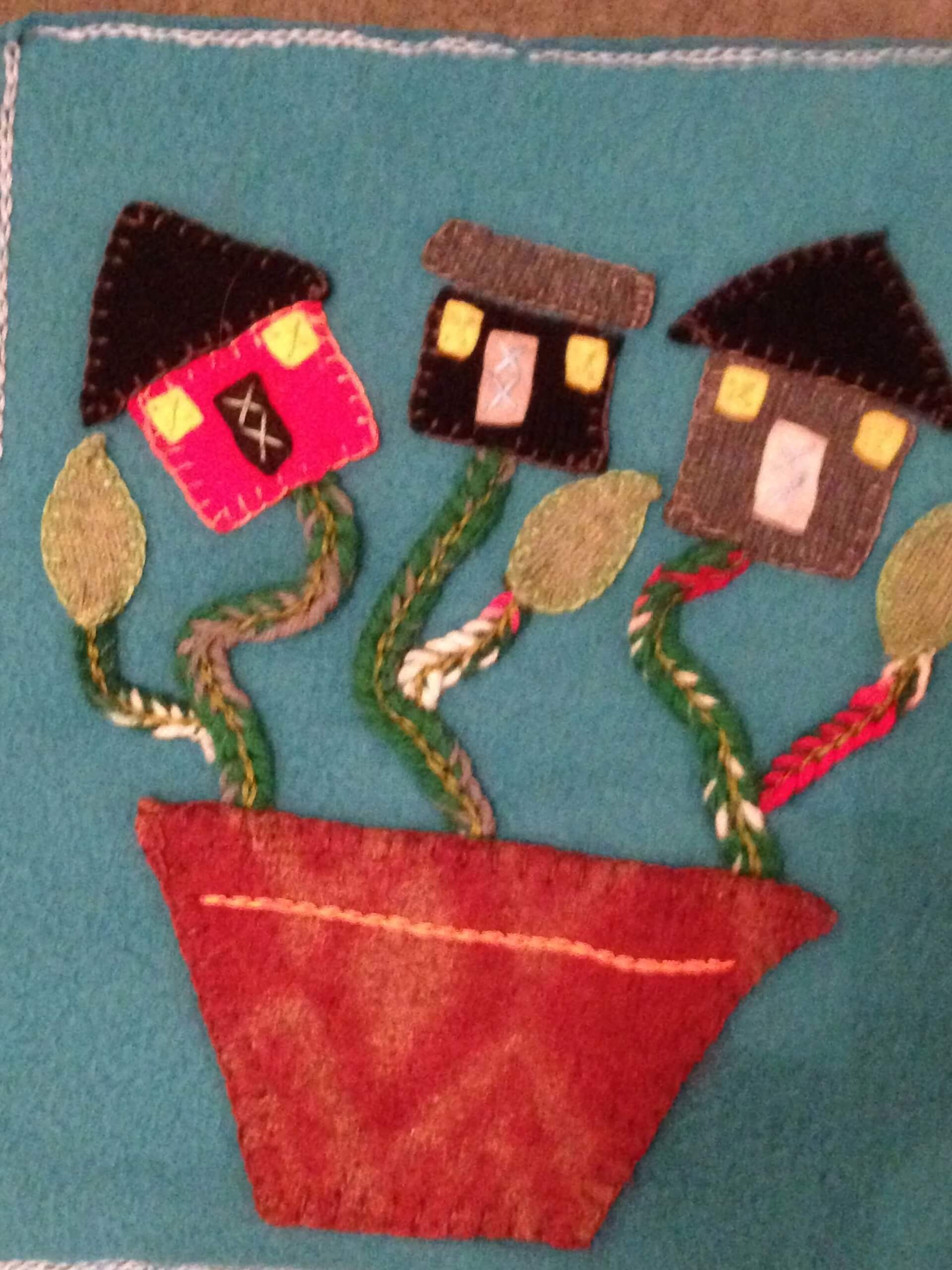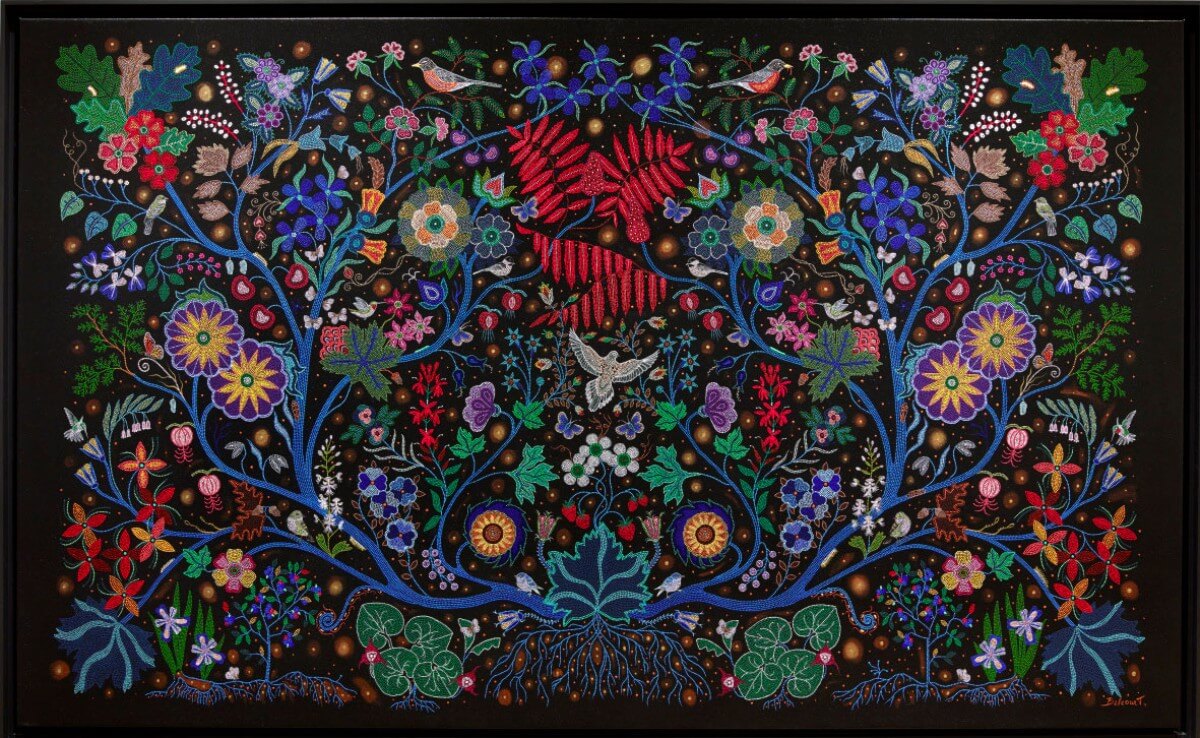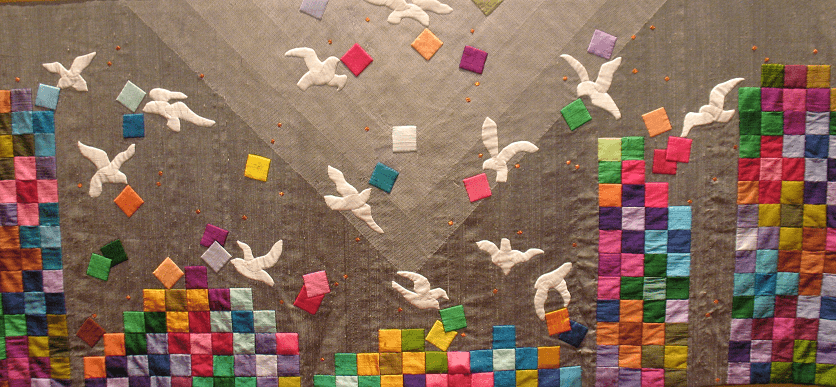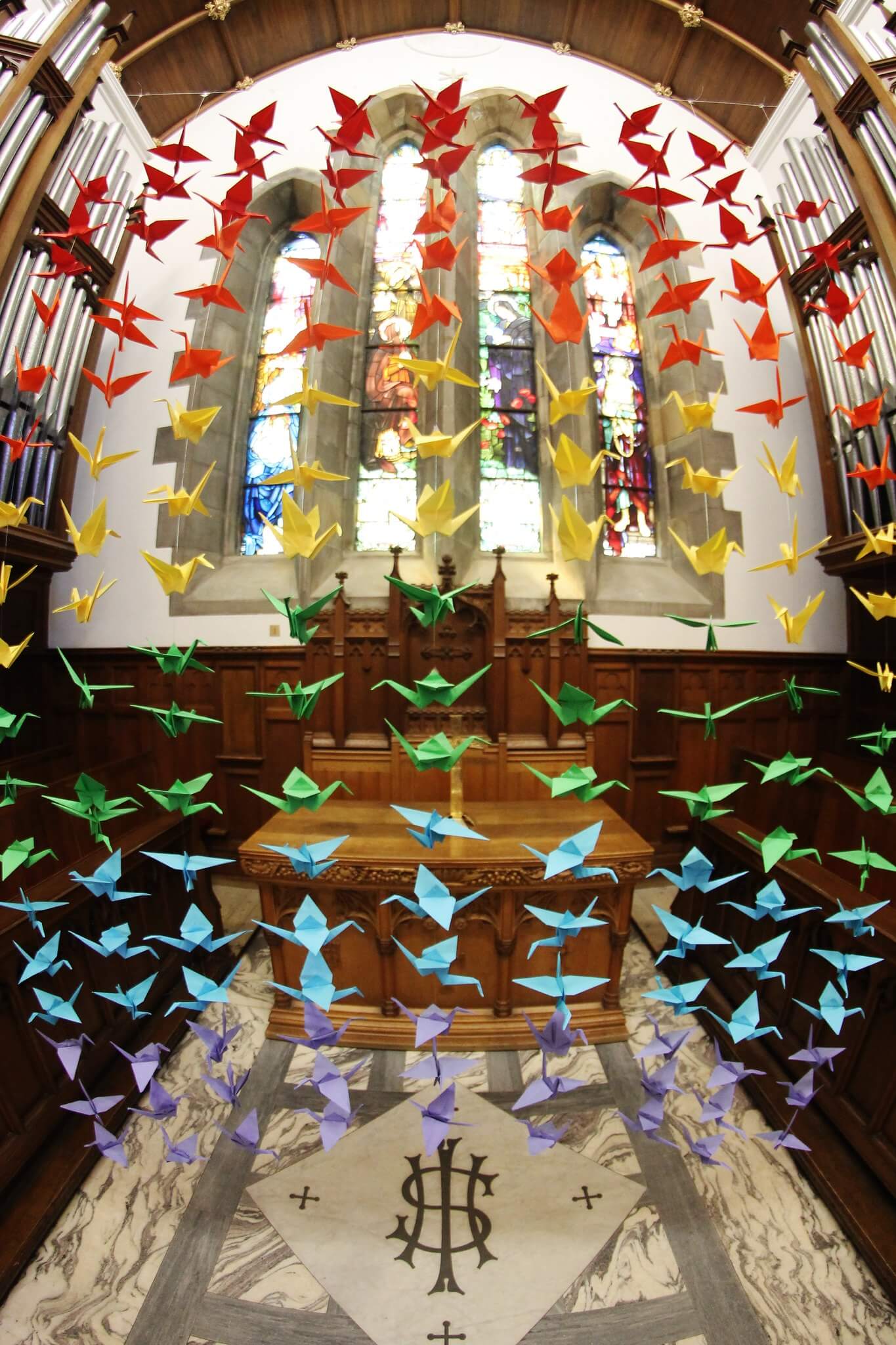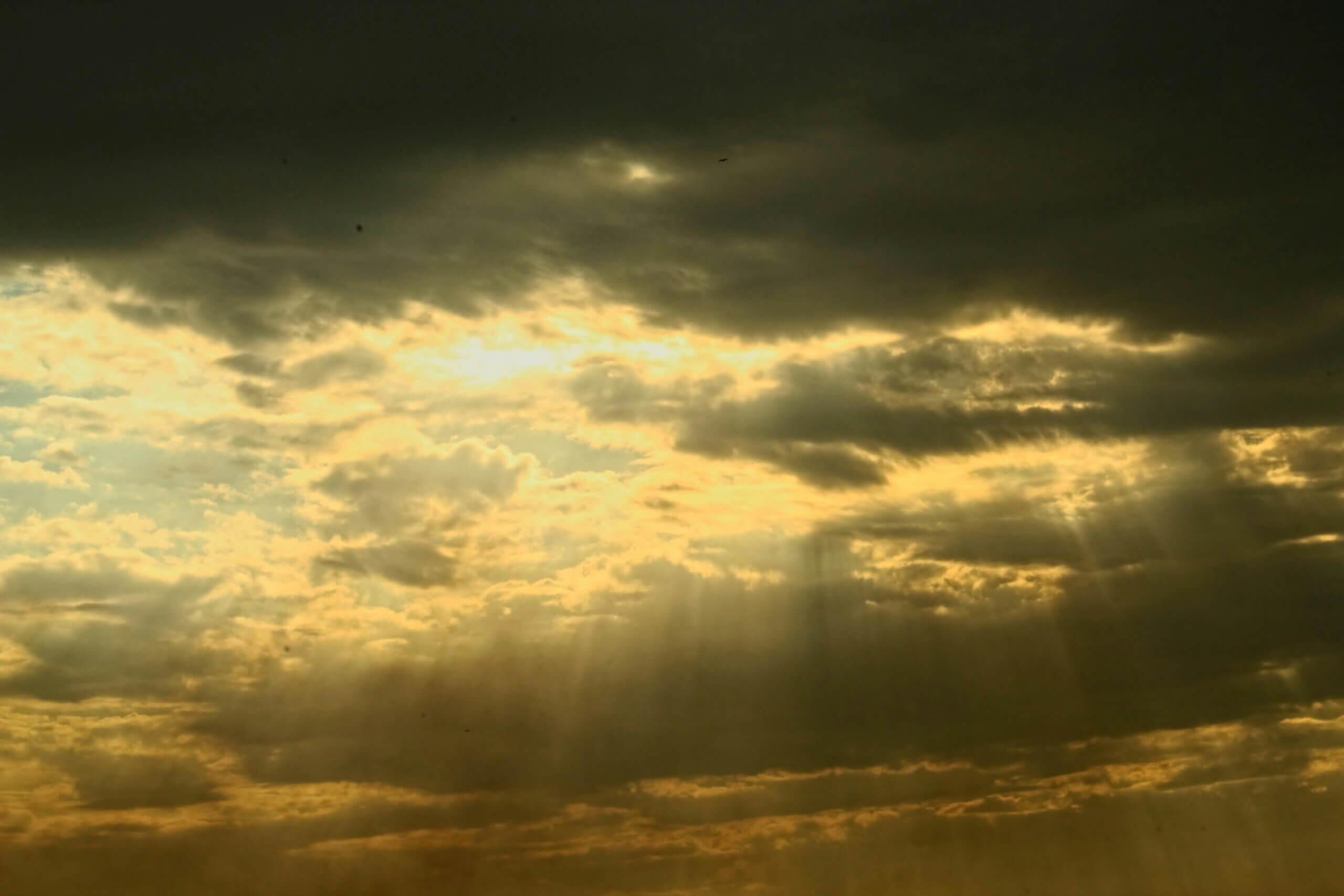Advent 4 – December 21, 2014
by Marilyn Dolmage
Today’s two Bible readings involve Faith and Mystery.
The Doxology in Romans tells the faithful that God “alone is wise.”
And we read in Luke that “Nothing will be impossible with God”:
Here, Mary and Elizabeth faithfully accept the mystery that pregnancy involves for every woman, but especially for them.
Their babies will fulfill predictions in the Old Testament.
How puzzling that the Messiah will come – not as a King…
but as a baby born into very humble and risky circumstances.
We know that the message he will one day communicate will be full of tensions, riddles and paradoxes.
People who are poor, sad, insulted, isolated, and persecuted are to have high status in this new kingdom … how can that be?
The Gospel radically challenges relationships of power.
The mystery that comes true in the Gospel goes beyond what had been predicted – reaches beyond the Hebrew world.
This message – this opportunity – is for all people.
Do we really mean ALL?
ALL as equals?
Or only ALL that are able?
We have absorbed assumptions about ability since our infancy:
- Parents are so proud when their child walks early.
- We were made to feel competent because we learned to use the toilet.
- Acquiring and using language gives us power.
Child development usually involves a succession of learned skills – walking, becoming continent, and talking.
But does it mean that those who do not follow those typical patterns are faulty? Less worthy of respect?
Is it wrong to require more help and greater patience?
Should meeting those developmental milestones later in life – or never – condemn a person to a lesser life?
When many things about life are arranged as if on a rigid schedule, those who are “late” may miss the “journey” altogether.
In fact, we sometimes push others off the “train” of life – in our rush to get ahead.
More room for me! Me first!
Too often, we don’t even realize who’s missing.
A Toronto parent recently told me she is comfortable talking to her child about someone with a vagina who wants to be a boy, but she is terrified around people with disabilities. She attended school in Toronto, where children with disabilities are still sent out of their neighbourhoods to segregated classes and schools – 4 times as often as in other school boards in Ontario.
We sort people into spurious disability categories – idiot, imbecile, moron – and then turn those words into jokes.
The R-word has done huge harm.
And check how often people use the 4 letter L-word – “lame”, meaning “inadequate”.
What happens to those who are segregated from society due to perceived disability?
Most of us have no idea!
But our rejection of other styles and paces of learning and living can be extremely cruel.
How else can you explain an institution like the former Huronia Regional Centre in Orillia?
- Built in 1876, as the Asylum for Idiots, it was the first institution of its kind in Canada.
- it was “out of sight; out of mind” – a long trip, then, away from Toronto.
- Any early goals of rehabilitation were immediately compromised – classrooms had been built but no teachers were hired for decades
- Emerging ideas about genetics led to Eugenics – promoted by Canadians such as Nellie McClung, William Osler and Tommy Douglas.
- That means that poor people’s quite “normal” children were sent to Orillia on the slightest pretext – so they would not reproduce and “pollute the gene pool”.
- And families of greater means – like mine – hid their children with disabilities away.
- HRC was the same size as the York University Keele campus.
- It was constantly underfunded – and depended on the slave labour of residents, especially those very able children of poor families.
- It was overcrowded – with beds a foot apart – with as many as 2600 people captive there at its peak, when I worked there.
- Many government enquiries had studied the ill effects of segregation and understaffing – at one point, there was just one staff at night in a 3-storey building with 200 children, ¼ of whom were said to have epilepsy.
HRC didn’t close until 2009.
Since then, Marie Slark, Patricia Seth, Jim and I have led the class action against the Ontario government concerning systemic neglect and abuse of people who lived at HRC.
The Settlement reached late last year involved token financial compensation for those who made claims, memorials, and the government apology you heard in our first reading.
We met with survivors, reviewed their files and visited the empty institution with them.
Some do not communicate with words, but through behaviour and the arts.
These extremely courageous people revealed – and relived – details about the horrors they experienced.
Difficult as it was, people have been relieved to finally be believed.
- Pat remembers letting go of her mother’s hand… after which she had no one she could trust. A staff member told us she saw Pat being hurt but feared it would get worse if she spoke up.
- Parent contact was discouraged – and families are now finding out why
- Children who required the most patience got the least. Someone died in a cage crib in 1971, left unnoticed there for 2 hours.
- We met man who was denied schooling – perhaps because of his First Nations identity
- He was put to work at the age of 11 – cutting acres of grass with a push mower in summer although his feet had been trampled upon, shoveling coal and snow in winter with hands blistered from beatings.
- Ever since he was a boy living among men, he was raped every night. Now, at 75, he sleeps fully dressed in his closet.
- Disease was rampant in this Ministry of Health-run facility – hepatitis, salmonella, venereal diseases.
- It was like jail, for people who had committed no crimes.
- It was like the Indian Residential Schools – except HRC was a life sentence. Marie remembers thinking she’d die there and be buried “behind the barn”
- That’s where the Cemetery is. Until 1958, graves were marked only with numbers. At some point, staff removed gravestones to build a path elsewhere on the grounds. After that travesty was discovered, the markers were still not returned to their proper places
We have a list of some of the 1500 people buried in unmarked graves – please join me after the service, if you would like to write the Premier to ask that their graves be marked.
Almost 3500 people have submitted claims in the Huronia and the 2 other institution class actions that followed.
80% of those claims were detailed and serious.
Claimants should receive cheques sometime next Spring.
But perhaps 4500 other eligible people did not make claims.
We are certain that everyone was harmed – but many have no allies to understand and assist them.
Too many people in Ontario with intellectual disabilities are still segregated, isolated and devalued – “out of sight; out of mind”.
Canada’s Truth and Reconciliation process addresses the harm of Indian Residential Schools – confronting cultural annihilation and addressing racism.
Ontario’s institution class actions radically challenge professional control and ableism.
Some people who identify as “autistic” say there is richness in what they call their “neurodiversity”.
What others see negatively is just another natural form of human difference – like gender, race, sexual orientation.
The life experiences we consider “normal”, they call “neurotypical”.
Nick Walker is an autistic writer and educator from California, who was recently asked to offer advice to neurotypical people – parents and professionals – working with neurodivergent people.
Just as colonialists subjugated indigenous people, he sees that therapists have lacked empathy, have refused to learn the communication and respect the culture of neurodiversity.
He quotes Karl Deutsch – that “power is the ability not to have to learn”.
Now Walker says we should “throw out everything we have learned based on the pathology paradigm”.
He says it’s just as wrong to call autism a disorder as it is to call homosexuality a disorder, to call non-white people “savages”.
And it’s as harmful to force changes in behaviour as it is to try to change a person’s sexual orientation.
Instead Liberation Psychology addresses the struggles created by social injustice, and helps people understand oppression as a cause of their suffering.
Surely the kingdom of God includes people of ALL abilities.
We must not pressure others to “hurry” and to change; instead we need to challenge exclusion and change cultural norms.
And if we stop judging others, we may go easier on ourselves too. After all, any one of us might sometime need help to walk. We are all likely to be at a loss for words – temporarily or permanently. And regardless of what we learned on the potty as toddlers, life can still be worth living if we need help in the bathroom.
We are far richer if we accept help and enjoy diversity.
It can be a huge relief to see life as a journey, not a race.
In closing, let’s turn to our first reading – that radical and paradoxical message from the government of Ontario14.
The powerful people in charge now admit they got it very wrong.
The people society deemed slow and not smart knew better all along – that institutions have hurt everyone.
As we remember the mysteries of faith, we need to RE-MEMBER our communities, to defend rights and find right relationships.
However –
that God “alone is wise”
and that “nothing will be impossible with God”
surely are not messages about waiting passively.
When God’s love comes as a vulnerable baby into a dangerous world, we must envision radical change and work to achieve it.
During Advent, after the longest night, what are we waiting for?
5

